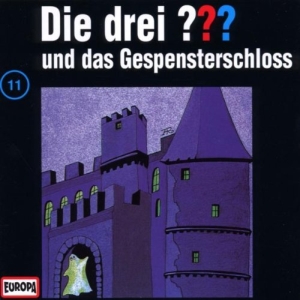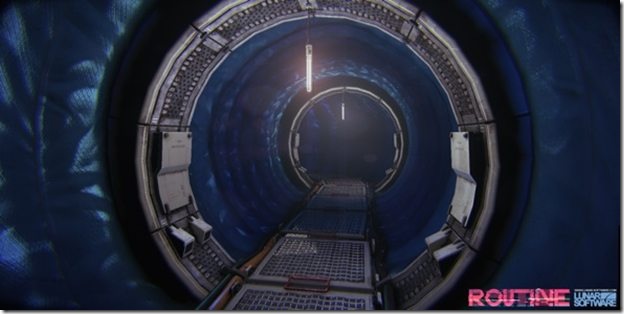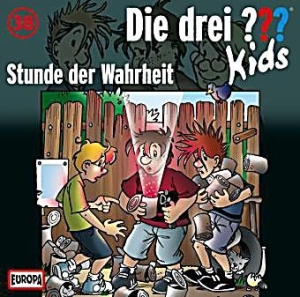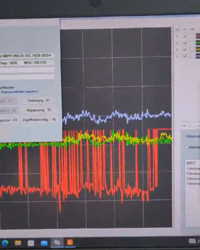Every year, students at the Department of Korean Studies at the University of Tübingen embark on a mandatory exchange year in Korea. The 2025 Study in Korea Fair provided essential information to help them prepare and encouraged new students to consider opportunities for studying abroad in Korea.
Studying in Korea? Gaining new intercultural experiences? And what about financial support? For students curious about academic opportunities in South Korea, these questions are just the beginneng. To provide answers and insights, the 2025 Study in Korea Bildungsmesse was held in Neue Aula. The event was organized by Koreanisches Erziehungsinstitut in Deutschland, together with the Consulate General of the Republic of Korea and the University of Tübingen. Moreover, eight Korean universities, Chungcheongnam-do, and the Korea Tourism Organization participated to assist the event.
A crowd of German students, parents, and workers in educational institutions gathered to learn about studying abroad and experience Korean culture.
What is the Study in Korea Bildungsmesse?
The Study in Korea Bildungsmesse was initiated in 2001 by the National Institute for International Education of the Republic of Korea to attract international students.
This year marked the second time the fair was held in Germany, following last year’s events in Berlin and Frankfurt. This time, it was hosted in Berlin and Tübingen.
In the opening remarks, Ji Sun Lee, Director of the Koreanisches Erziehungsinstitut in Deutschland, stated, “Korea and Germany have maintained strong ties in politics, diplomacy, and economics for over 140 years. Also, cultural exchange has been steadily growing. Education is no exception.”

Recent years have seen active cultural exchange between Germany and Korea, accompanied by a rise in educational collaboration. Currently, approximately 1,400 German students are studying in Korea, while about 7,000 Korean students are studying in Germany.
Director Lee expressed hope that the fair would provide more opportunities for cooperation between the two countries. She also highlighted the participation of eight prestigious Korean universities, anticipating a closer partnership between them and the University of Tübingen.
Contents of the Fair
After the opening ceremony, university introductions were held at the Grosser Senat, featuring presentations from the eight participating universities. University representatives provided overviews of their institutions, highlighting their histories, leading departments, and events. They also engaged attendees with quizzes and giveaways to support a comprehensive understanding of their universities.
As a Korean Studies major, I became interested and decided to participate in the event. It was enriching to experience various aspects of Korean culture through the fair.
Emma (Student at the University of Tuebingen)
Simultaneously, various cultural experience booths were set up at the Kleiner Senat. One booth allowed visitors to try on a variety of outfits, including hanbok, Korean school uniforms, and university apparel. Another booth offered a photo shoot with props, such as traditional fans and headbands. Visitors could also make bookmarks inscribed with Korean phrases, providing a range of cultural experiences.

Additionally, a space was designated for sampling popular Korean snacks such as dumplings, dakgangjeong (sweet crispy fried chicken), and sotteok-sotteok (sausage and rice cake skewers).
Emma, a student at the University of Tübingen, shared her thoughts: „As a Korean Studies major, I became interested and decided to participate in the event. It was enriching to experience various aspects of Korean culture through the fair.”
On the upper floor, a space was prepared for one-on-one consultations with university representatives. Here, visitors could explore the programs for univeristy exchange studies, language courses, and working holidays in Korea. The area was lively as students and parents visited the booths of their interest with enthusiasm.

Starting at 5 pm, the Grosser Senat hosted a talk concert as part of the fair. Participants could listen to vivid accounts from the students who had already studied in Korea and had the opportunity to ask questions.
Lotte, a second-semester Korean Studies student at the University of Tübingen, shared: “I was apprehensive about managing the systemic and cultural differences of studying in Korea. However, being able to speak with representatives during the event was incredibly helpful.”
Korean Studies at the University of Tübingen
The University of Tuebingen is one of the few universities in Germany with an independent department for Korean Studies. With the rising popularity of Korean culture on the global stage, the department has seen increased competition for admission, with 110 freshmen, including minors, enrolled in 2018.
As a lot of international students generally grow their interest in Korean culture from their teenage years, they also have strong aspiration to study abroad in Korea.
You Jae Lee (Head of the Department of Korean Studies)
You Jae Lee, Head of the Department of Korean Studies, explained, „As a lot of international students generally grow their interest in Korean culture from their teenage years, they also have strong aspiration to study abroad in Korea.“
Under the leadership of Lee, the department is offering a one-year mandatory study abroad program in Korea. Each year, dozens of students are sent to various universities. Lee explained, “It’s difficult to claim expertise in a region without experiencing it firsthand. The study abroad program allows students to engage with Korean culture and language directly.”
Therefore, he expressed gratitude for Korean universities’ visit to Tübingen, as they provided students with detailed information about the university systems in Korea. He explained, „Students are often not aware of various study-related opportunities in Korean universities, such as scholarships. Having representatives explain these aspects directly at the event is incredibly helpful.”
Furthermore, the Sejong Institute at the University of Tübingen has been offering Korean language courses to non-Korean Studies students and the general public as well since 2012. The institute also hosts cultural events, such as Seolnal (Korean Lunar New Year) celebrations, kimchi-making workshops, and speech contests, fostering greater interest in Korean culture among German students.
Lee remarked, “With the event’s expanded scale and participation from multiple organizations, it served as an opportunity to successfully broaden awareness of studying in Korea among the wider student body at the University of Tübingen.”
Outcome of 2025 Study in Korea Bildungsmesse
The Study in Korea Bildungsmesse is a meaningful event for German students interested in studying in Korea, providing essential information and firsthand opportunities to experience Korean culture. Especially, this year’s fair in Tübingen offered the students from the Department of Korean Studies at the University of Tübingen a unique opportunity to address their concerns and preview life as exchange students in Korea. It is hoped that the fair will continue to inspire more students to consider studying in Korea and further invigorate educational exchange between the two countries.
Image: Jinseon Ohk
Der Beitrag 2025 Study in Korea Bildungsmesse held in Tübingen erschien zuerst auf Das Tübinger Campusmagazin.














